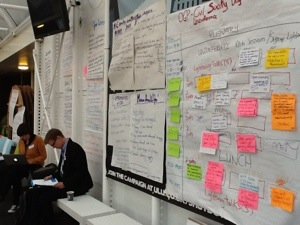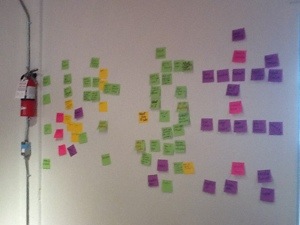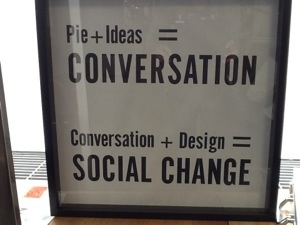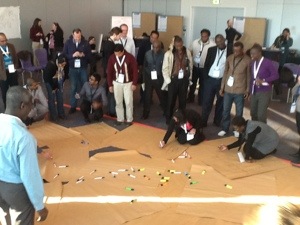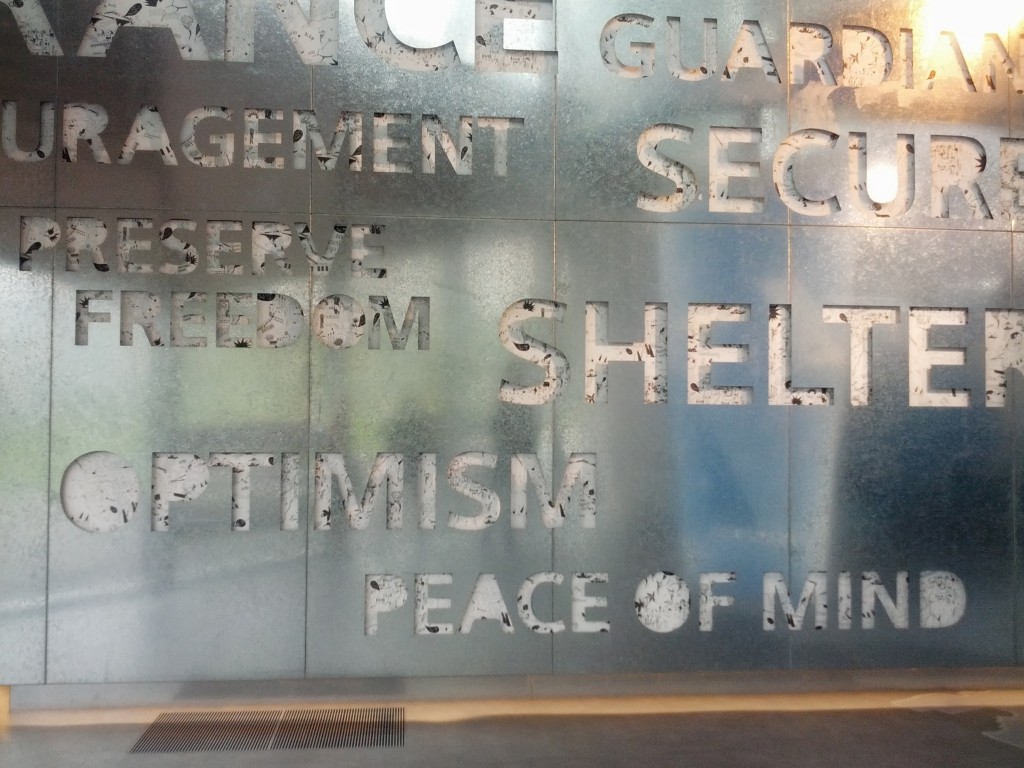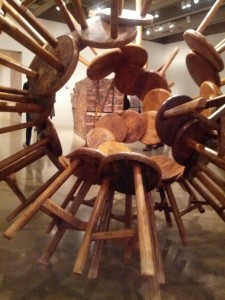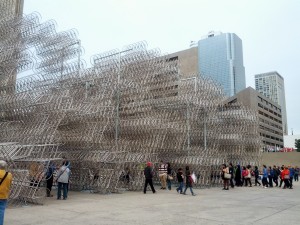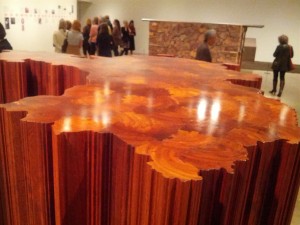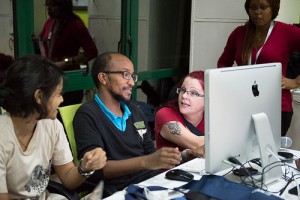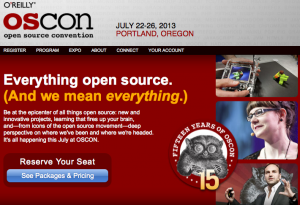Matter. Difference. We use these words with varying degrees of weight, responsibility and, dare I say, ego. My inbox is full of collaboration. It is breathtaking to see governments, NGOs, technical communities and digital humanitarians work together. New ground has been broken. Alliances are being formed. People are contributing tech and analytical skills. Folks are trying to apply lessons learned.
Enroute to Nairobi for the International Conference of CrisisMappers I watched a film about humanitarian workers in complex conflict environments called Beyond Borders. There was a scene where “secret maps” caused a series of violent consequences.
Well, we don’t live in a “secret” map world right now. We live in a world that open communities, NGOs, and governments are truly seeking ways to build and to work with common goals and language.
We're sending 5 more specialists to the #Philippines. They'll assess dmg w/help of crowdsourced maps @OpenStreetMap pic.twitter.com/5Tjq87pJda
— American Red Cross (@RedCross) November 14, 2013
"All of the team are sent out with tablets loaded with OsmAnd for latest #OpenStreetMap data" says @RedCross #Philippines @hotosm
— Gregory Marler (@gregorymarler) November 18, 2013
Maps are love
In the past weeks and a half over 1100 amazing individuals have contributed over 1.7 million edits to the Humanitarian OpenStreetMap activation in response to the Typhoon Yolanda which struck the Philippines. There are a number of unsung heros who are volunteering hours to negotiate, to map and to plan using OpenStreetMap. From the folks who made it possible to get satellite imagery to those who have been tirelessly mapping. Andrew Buck and Pierre Beland have been spearheading the online coordination. They seem to be on every hour answering emails on the HOT mailing list or on the HOT IRC channel. Mapping Parties have been held around the world to support this. (Sam Leach’s post).
The American Red Cross joined the HOT community and board last night for a special call. They shared their story about how HOT OSM work is being used and what are some of the future requirements. Some of the organizations that got a shout out included Digital Globe, US Government, NGA and Mapbox. (With apologies if I am missing more, but others have provided imagery and fielded support.)
There was an ask to collect impact stories. Can you share yours?
Continents away I think about “matter”. For some of us, it is pure instinct. We spend our spare hours coordinating, documenting, sharing and trying to bridge this. Hats off to those who continue to “do” with Open.
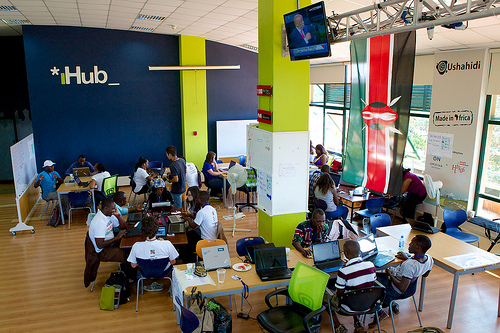 (Photo by Ushahidi)
(Photo by Ushahidi)